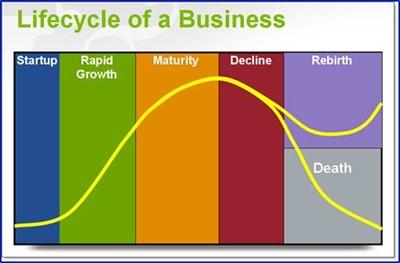A key element might be missing from your Employee Onboarding strategy, The Business Life Circle. Employees from the attraction phase should understand the stage of the business life circle the company they desire to work for or already accepted to work for is at. This is key to managing the employee's expectations. Over the years, I have seen HR Managers in start-up, small, and medium-sized companies struggle with their employee engagement mostly because their employees compare what they receive for welfare, reward, and other benefits with that of their counterparts in more profitable and mature organizations. Employee expectations if not effectively managed can be very detrimental for any business. It can lead to a breach of an invisible contract, the Psychological contract, an unwritten set of expectations between the employee and the employer. This includes informal arrangements, beliefs, and perceptions between the two parties. Understanding and educating your workforce could save you lots of headaches and help you have a better, more cooperative, and engaged workforce. Remember ''The Circle of Life" the song from the popular Lion King movie? It reminds us that everyone goes through stages of life, we are born, grow up, get older, and eventually pass away. This is the same for Organizations; they go through different phases of growth, from startup to death or rebirth as the case may be. During the onboarding program, the processes that help organizations ensure that their new hires get started on the right foot. HR might need to consider not focusing only on company history, performance expectations, socializing, buddying, and all other traditional aspects of the onboarding process but should begin to include the awareness of their business life circle phase into the onboarding program. If done in a transparent and consistent manner, it will have a huge impact on their employee engagement. HR Leaders need business lessons to teach them how much this business life cycle applies to their organizations, understanding this could mean the difference between their company's failure and success. Chinwe Udo-Davis Managing Consultant ResourcePRO
